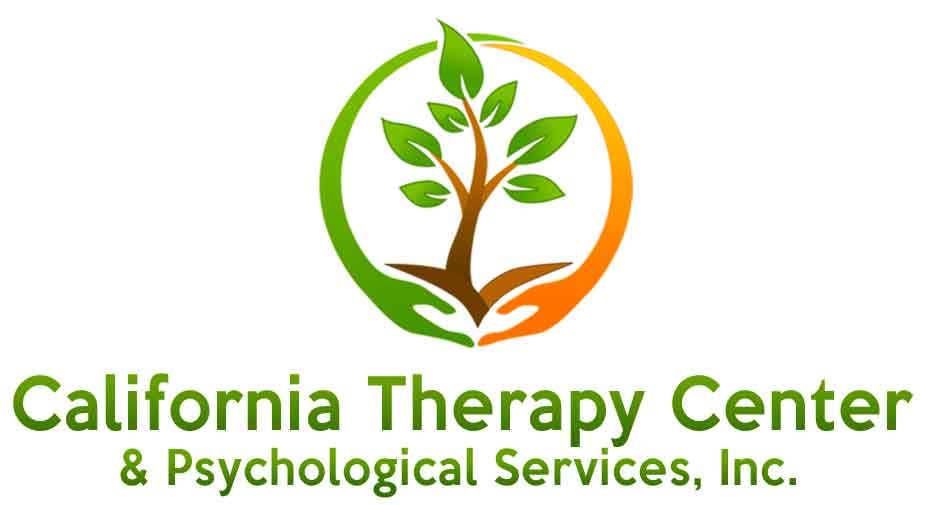Psychodynamic Therapy
From Anxiety to Acceptance: Overcoming Fear and Finding Peace through Acceptance and Commitment Therapy
Are you struggling with anxiety? Do you find yourself constantly battling fear and searching for peace? You’re not alone. Anxiety affects millions of people worldwide, and finding effective solutions can be challenging. But there is hope. In this article, we’ll explore the transformative power of Acceptance and Commitment Therapy (ACT) in overcoming anxiety and finding acceptance.
ACT is a form of therapy that combines mindfulness, acceptance, and value-based living to help individuals navigate difficult emotions and fears. Rather than trying to eliminate anxiety, ACT teaches you to accept it as a normal part of life and make room for it. By developing a greater understanding of your thoughts and emotions, you can learn to respond to them in a more flexible and compassionate way.
Through ACT, you’ll discover practical strategies to face your fears, challenge negative thoughts, and cultivate mindfulness. By embracing acceptance and committing to living a life aligned with your values, you can break free from the grip of anxiety and find lasting peace. So, if you’re ready to transform your relationship with anxiety, keep reading to learn more about the power of Acceptance and Commitment Therapy.
Understanding anxiety and its impact on daily life
Anxiety is a natural response to stress, but for some, it becomes a constant companion, impacting every aspect of their lives. It can manifest as excessive worry, racing thoughts, restlessness, and physical symptoms such as rapid heartbeat and shortness of breath. Living with anxiety can make even the simplest tasks feel overwhelming, leading to avoidance and isolation.
The basics of Acceptance and Commitment Therapy (ACT)
Acceptance and Commitment Therapy (ACT) is a form of psychotherapy that incorporates mindfulness, acceptance, and value-based living. It provides individuals with practical tools to navigate difficult emotions, including anxiety, by accepting them as a normal part of life. ACT aims to help individuals live a rich, meaningful life, even in the presence of anxiety, by clarifying their values and committing to actions aligned with those values.
The role of acceptance in overcoming anxiety
One of the fundamental principles of ACT is the acceptance of difficult emotions, such as anxiety, rather than trying to eliminate them. Acceptance does not mean resignation or giving up; instead, it involves acknowledging and making room for these emotions without judgment. By accepting anxiety as a natural part of the human experience, individuals can reduce their struggle with it and create space for more meaningful actions.
Cultivating mindfulness for anxiety reduction
Mindfulness is a key component of ACT and involves paying attention to the present moment without judgment. By cultivating mindfulness, individuals can observe their thoughts and emotions without getting caught up in them. This allows for a greater understanding of anxiety triggers and patterns, enabling more skillful responses. Mindfulness practices such as meditation, deep breathing, and body scans can be effective tools for reducing anxiety.
Identifying and challenging negative thought patterns
Negative thought patterns often contribute to anxiety, fueling worries and fears. ACT helps individuals identify and challenge these negative thoughts by developing cognitive defusion techniques. Cognitive defusion involves creating distance from thoughts and recognizing that they are not necessarily true or accurate reflections of reality. By questioning the validity of negative thoughts, individuals can reduce their impact on anxiety levels.
Developing values-based goals and actions
Another core aspect of ACT is identifying and clarifying personal values. Values are guiding principles that reflect what is truly important to an individual. By aligning actions with these values, individuals can create a sense of purpose and fulfillment, even in the presence of anxiety. ACT encourages setting goals that are consistent with values and taking small steps towards them, building a sense of agency and empowerment.
Building resilience through self-compassion
Anxiety can be accompanied by self-criticism and a lack of self-compassion. ACT emphasizes the importance of self-care and self-compassion as tools for building resilience. Self-compassion involves treating oneself with kindness, understanding, and acceptance, especially during challenging times. By cultivating self-compassion, individuals can enhance their ability to cope with anxiety and bounce back from setbacks.
Implementing ACT techniques in daily life
ACT is not just a theoretical framework; it provides practical techniques that can be implemented in daily life. These techniques include mindfulness exercises, cognitive defusion strategies, values clarification exercises, and commitment to action. By integrating these techniques into daily routines, individuals can gradually shift their relationship with anxiety and experience increased well-being.
Seeking professional help for anxiety and ACT
While self-help techniques can be beneficial, seeking professional help is essential for those struggling with severe or persistent anxiety. A trained therapist can provide guidance and support in implementing ACT techniques tailored to individual needs. They can also address underlying issues that may contribute to anxiety and provide a safe space for exploration and healing.
Conclusion: Embracing acceptance and finding peace
In conclusion, Acceptance and Commitment Therapy (ACT) offers a transformative approach to overcoming anxiety and finding peace. By accepting anxiety as a natural part of life and cultivating mindfulness, individuals can reduce their struggle with anxiety and respond to it in a more flexible and compassionate way. Through the identification of values and commitment to meaningful actions, individuals can live a rich and fulfilling life, even in the presence of anxiety. If you’re ready to embark on a journey of acceptance and find lasting peace, consider exploring Acceptance and Commitment Therapy as a powerful tool for transformation.

